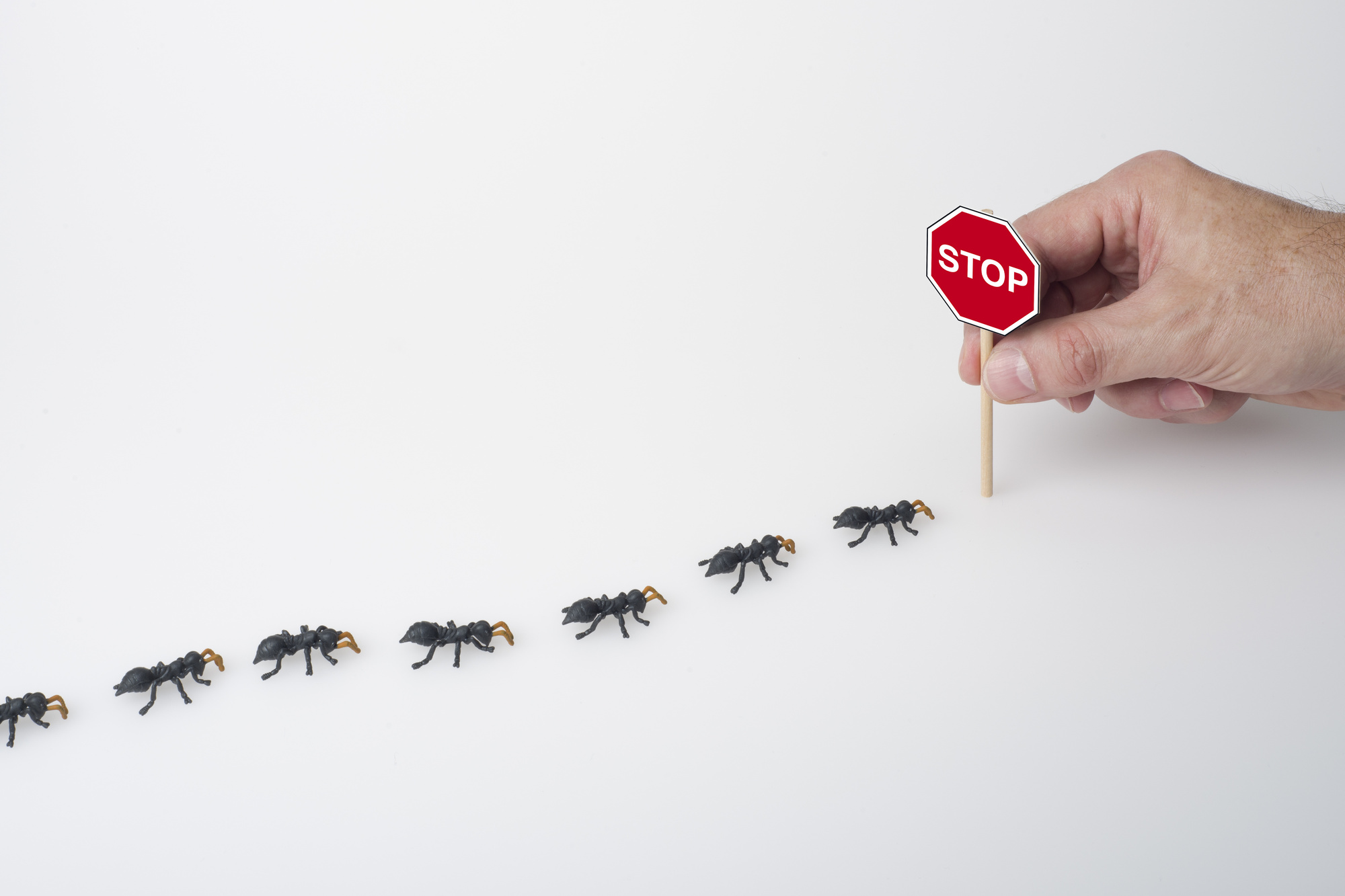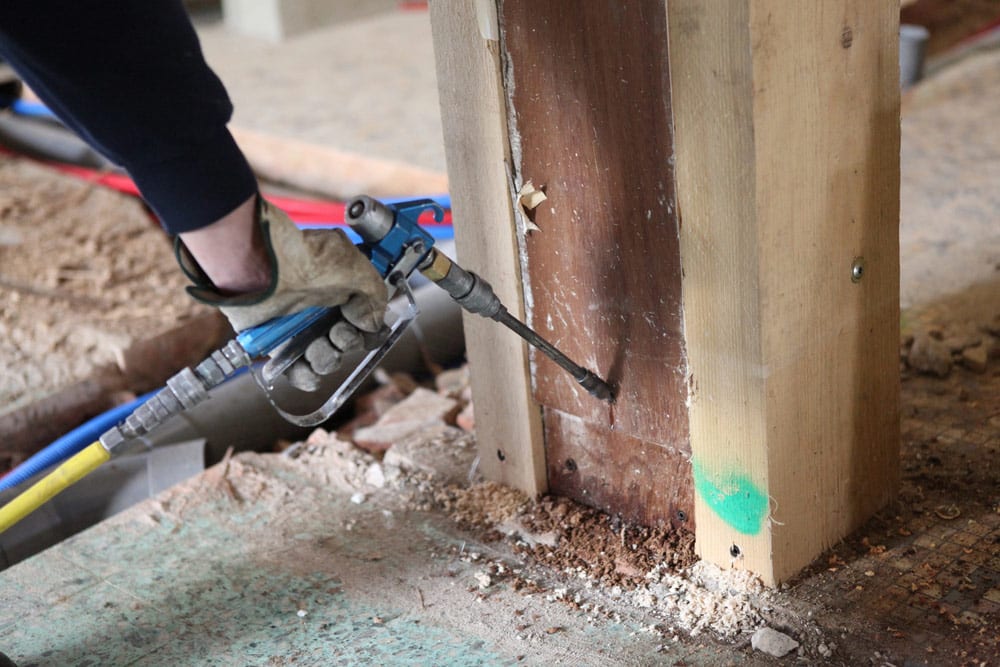Ecological Effect of Insect Control: Balancing Efficiency With Sustainability
The ecological influence of bug control is an important problem that requires a fragile balance between achieving efficiency in ensuring and taking care of pests sustainability of our environments. From the use of dangerous chemicals that permeate right into our dirt and water to the unintended repercussions on non-target varieties, the repercussions of conventional pest control practices are significant.
Dangerous Chemicals in Pest Control
The use of unsafe chemicals in parasite control postures significant environmental and health threats that call for cautious factor to consider and reduction techniques. Insecticides, herbicides, and pesticides are typically made use of to eradicate pests, however their extensive application can lead to unintentional repercussions. These chemicals can pollute soil, water sources, and the air, influencing not just the targeted bugs however additionally valuable pests, wild animals, and people.

To deal with these dangers, incorporated parasite monitoring (IPM) strategies are being advertised as an extra lasting choice. IPM involves a mix of techniques such as organic control, habitat adjustment, and the targeted usage of chemicals as a last resort (ant control lake norman of catabwa nc). By embracing an all natural method to pest control, we can minimize the ecological and health and wellness effects related to damaging chemicals while successfully handling pest populations
Influence On Non-Target Variety
Taking into consideration the unexpected repercussions of bug control methods, the effect on non-target varieties is an essential element that needs detailed examination. While pest control procedures aim to target certain insects, other organisms in the ecosystem might be unintentionally influenced. Non-target types, consisting of valuable bugs, birds, creatures, and even plants, can experience direct or indirect damage from chemical applications or biological control approaches.
Insecticides developed to deal with a specific insect pest may damage pollinators like or natural predators such as ladybugs. Organic control representatives, if not species-specific, can posture threats to unintentional targets, interrupting the environmental equilibrium.
To alleviate the effect on non-target types, incorporated bug administration (IPM) approaches that emphasize an alternative technique to pest control are advised. These approaches focus on making use of ecologically pleasant methods, lessening damage to beneficial organisms while efficiently taking care of pest populaces. Carrying out complete danger evaluations and checking the outcomes of insect control efforts are important action in safeguarding non-target species and promoting general community health and wellness.
Dirt and Water Contamination
Unplanned environmental effects of insect control approaches extend beyond affecting non-target species, with substantial effects for soil and water contamination. Chemicals, herbicides, and chemical fertilizers used in bug control can leach right into the soil and infect groundwater, presenting a risk to both water and terrestrial ecosystems. Dirt contamination can disrupt the equilibrium of microbes necessary for vitamins and mineral biking and plant development, causing decreased dirt fertility and productivity. Additionally, these chemicals can persist in the setting for extended durations, accumulating in the soil and potentially getting in the food chain.
Water contamination is another crucial issue associated with parasite control methods. To alleviate dirt and water contamination from pest control activities, incorporated pest management strategies that prioritize sustainability and minimize chemical inputs are crucial.
Air Pollution From Pesticide Use
Direct exposure to airborne chemicals throughout agricultural applications postures a substantial worry for air pollution control procedures. In addition, pesticide drift, where chemicals are carried by the wind to unplanned areas, can lead to the contamination of neighboring environments and water bodies.

Methods for Lasting Pest Control
In the world of farming techniques, executing sustainable bug control strategies is critical for maintaining ecological balance and securing plant returns. Lasting parasite control highlights using eco-friendly approaches to take care of parasite populaces properly while reducing damage to non-target microorganisms and ecosystems. Integrated Pest Administration (IPM) is a commonly embraced strategy that combines biological, social, physical, and chemical control approaches to attain lasting parasite monitoring services.
Plant turning and diversity are likewise effective strategies to interrupt pest life cycles and develop much less favorable problems for parasites to grow. Eventually, by integrating these lasting pest control approaches, farmers can achieve an equilibrium between pest management effectiveness and ecological stewardship.
Verdict
In final thought, the environmental impact of parasite control techniques have to be very carefully taken into consideration to balance effectiveness with sustainability. Harmful useful reference chemicals utilized in parasite control can lead to soil and water contamination, air contamination, and harm non-target types - ant control. It is critical to implement sustainable parasite control strategies to reduce these adverse effects on the atmosphere and advertise a much healthier community for future generations
By embracing an all natural approach to pest control, we can lessen the ecological and wellness impacts associated with unsafe chemicals while efficiently handling pest populaces.

To alleviate the air pollution triggered by chemical usage, it is vital to adopt integrated parasite management techniques that focus on the use of non-chemical pest control techniques, such as plant rotation, all-natural killers, and resistant crop varieties. Sustainable bug control highlights the usage of environmentally pleasant methods to take care of insect populations efficiently while minimizing injury to non-target organisms and ecosystems. Integrated Bug Management (IPM) is an extensively taken on technique that integrates biological, cultural, physical, and chemical control approaches to achieve long-term bug monitoring solutions.
Comments on “Advanced Termite Control: Proven Approaches for Removing Termite Infestations”